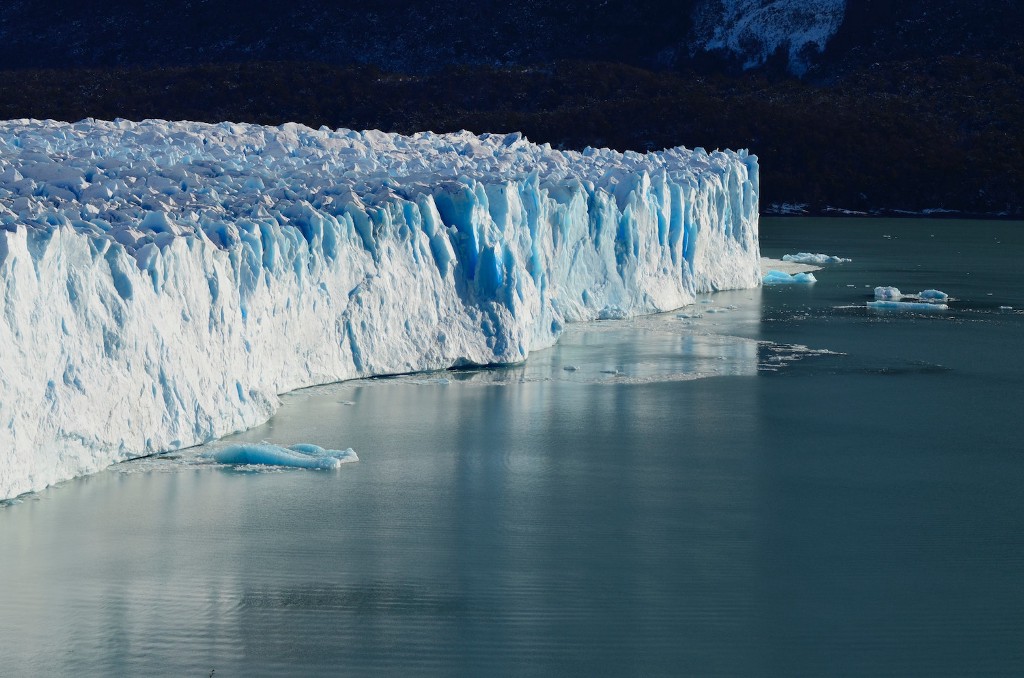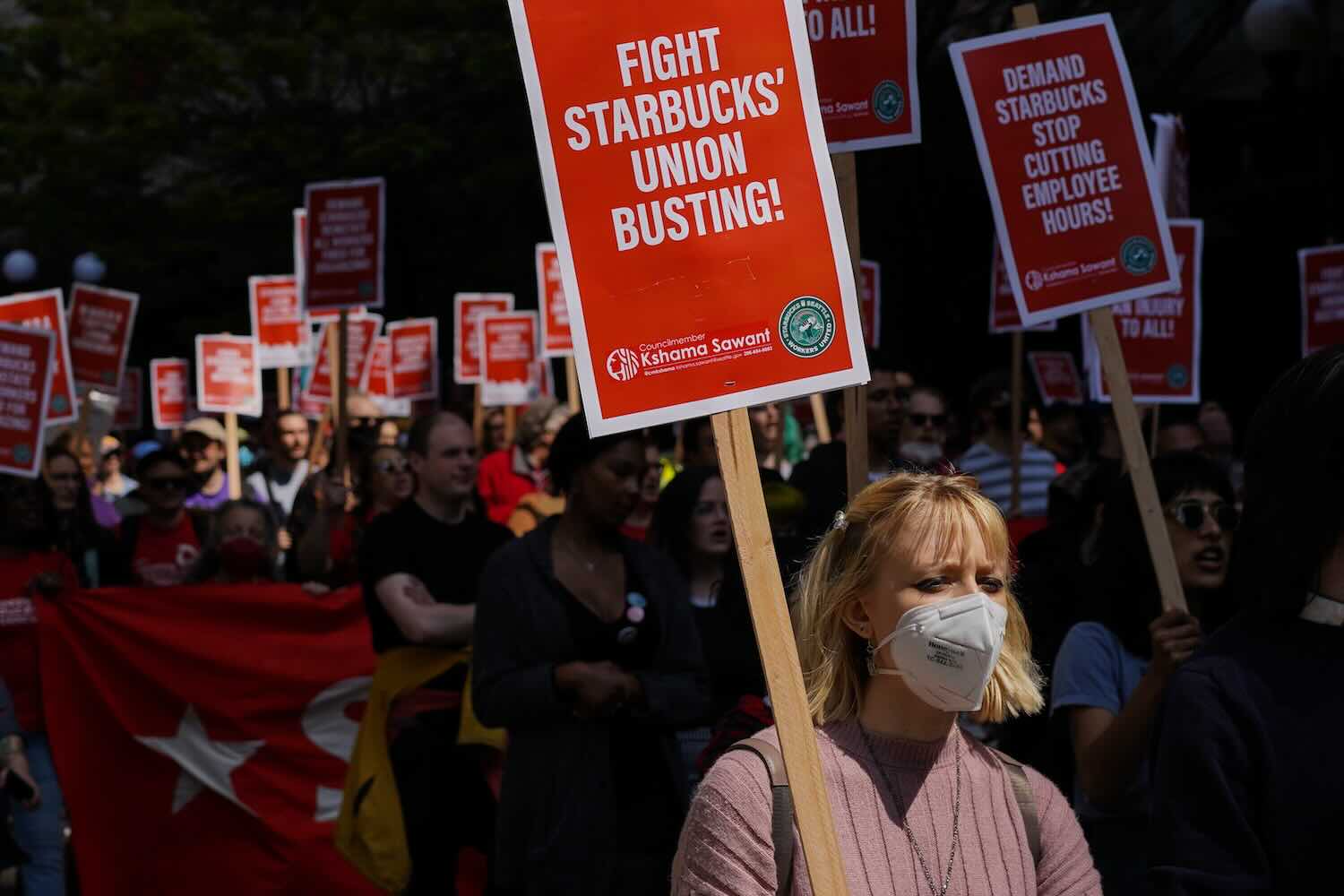Climate Finance
At One Planet summit, the mobilization of global capital for climate action is no match for the urgency of the challenge

By Eric J. Lyman.
PARIS — Global capital continued its lumbering rotation toward climate action at the One Planet summit, but without anything like the urgency required to meet the world’s targets under the two-year-old Paris climate accord.
This week’s summit, perhaps the most ambitious effort yet to mobilize private capital for climate action, closed undramatically Tuesday. An array of finance-related announcements from countries, multilateral groups, and companies reflected the new conventional wisdom, but fell far short of the decisive shift in the financial system experts say is required to prevent the worst effects of climate change.
body[data-twttr-rendered=”true”] {background-color: transparent;}.twitter-tweet {margin: auto !important;}
The mothership for today's #OnePlanetSummit and my home for the next 15 or so hours. Watch this space and @ImpactAlpha for updates.
function notifyResize(height) {height = height ? height : document.documentElement.offsetHeight; var resized = false; if (window.donkey && donkey.resize) {donkey.resize(height); resized = true;}if (parent && parent._resizeIframe) {var obj = {iframe: window.frameElement, height: height}; parent._resizeIframe(obj); resized = true;}if (window.location && window.location.hash === “#amp=1” && window.parent && window.parent.postMessage) {window.parent.postMessage({sentinel: “amp”, type: “embed-size”, height: height}, “*”);}if (window.webkit && window.webkit.messageHandlers && window.webkit.messageHandlers.resize) {window.webkit.messageHandlers.resize.postMessage(height); resized = true;}return resized;}twttr.events.bind(‘rendered’, function (event) {notifyResize();}); twttr.events.bind(‘resize’, function (event) {notifyResize();});if (parent && parent._resizeIframe) {var maxWidth = parseInt(window.frameElement.getAttribute(“width”)); if ( 500 < maxWidth) {window.frameElement.setAttribute("width", "500");}}
In the weeks leading up to One Planet, President Emmanuel Macron of France pushed hard to build it up as a major summit. In addition to at least two dozen heads of state or government, figures on hand included billionaires Bill Gates, Mike Bloomberg and Richard Branson, and actors Arnold Schwarzenegger and Sean Penn.
The summit was a show of international political muscle for the 39-year-old Macron, just seven months after he was elected. By helping France remain a leader in the climate negotiation process, he is setting up Paris as a capital of sustainable finance capital. New York and London, which until recently might have been more likely choices, have fallen from favor because of the President Donald Trump’s climate skepticism and Brexit, respectively. Monday’s Climate Finance Day event, which set the stage for Tuesday’s One Planet summit, could become an annual event in Paris.
Macron was beaming as the event would down Tuesday, stating that the world would look back on this week’s events as a “turning point.”
Turn from carbon
If so, it’s a slow turn. A report released on the sidelines of the summit by a InfluenceMap, a monitoring group, showed that only six of the world’s top 50 industry groups supported measures to limit climate change. Those with a failing grade include the Federation of French Industry (MEDEF) and the Federation of German Industries (BDI).
Among the world’s 25 largest companies, only one — Apple — was seen as having a net positive impact on the climate. Several large oil companies including Exxon and Royal Dutch/Shell along with technology giant IBM and drug maker Pfizer were listed as having a net negative impact.
The Paris events planted seeds that will yield results in coming years. Among the day’s major announcements: The World Bank said it would stop financing oil and gas projects starting in 2019 (the bank stopped funding coal projects seven years ago); 16 countries, including Brazil and Norway, promised to become “carbon-neutral” by 2050; and some 225 institutional investors managing more than $26 trillion signed the Climate Action 100+ pledge to pressure companies they invest in to more aggressively adopt climate-friendly policies.
Last Gasps: Coal is taking its lumps but isn’t dead yet
“What happened here will not solve the climate finance problems we have but perhaps it can be a trigger,” said Wael Hmaidan, executive director of Climate Action Network International, an umbrella group.
“It’s important that the World Bank will soon stop funding all fossil fuel projects,” he said. “But what will really make a difference is if they start to push for other development banks to do the same. This can’t stop here.”
Canada, China, and the European Union agreed to meet in June 2018 to discuss the prickly issue of differentiated responsibilities on climate action between rich countries, those with economies in transition, and the poorest nations. At least 36 countries, including Canada, France, Germany, and the U.K., also agreed to jointly call for international shipping — the largest unregulated producer of greenhouse gasses — to take on binding climate commitments. And the European Commission said it would publish a plan in March 2018 to require investment funds in Europe to take long-term sustainability into account and to loosen capital requirements for banks investing in environmentally friendly technologies.
Chinese diplomat Xie Zhenhua announced China would soon unveil what he said would be the world’s largest carbon trading market. Mexican President Enrique Peña Nieto announced the soon-to-come creation of a separate carbon market in the Western Hemisphere agreed to in Paris by Canada, Chile, Colombia, Peru, and the U.S. state of California.
“Think about how difficult it was to get nearly 200 countries to sign onto the Paris Agreement. Then remember the private sector doesn’t have a representative organization like the United Nations,” said Hans Andre Djamba, a ministry of environment official with the Democratic Republic of the Congo, who is working with the Green Climate Fund.
“There are many different points of view and it will not be fast or easy to get them aligned,” he said. “But we have to try.”
One Planet: Macron mobilizes capital for climate action, with a French accent











